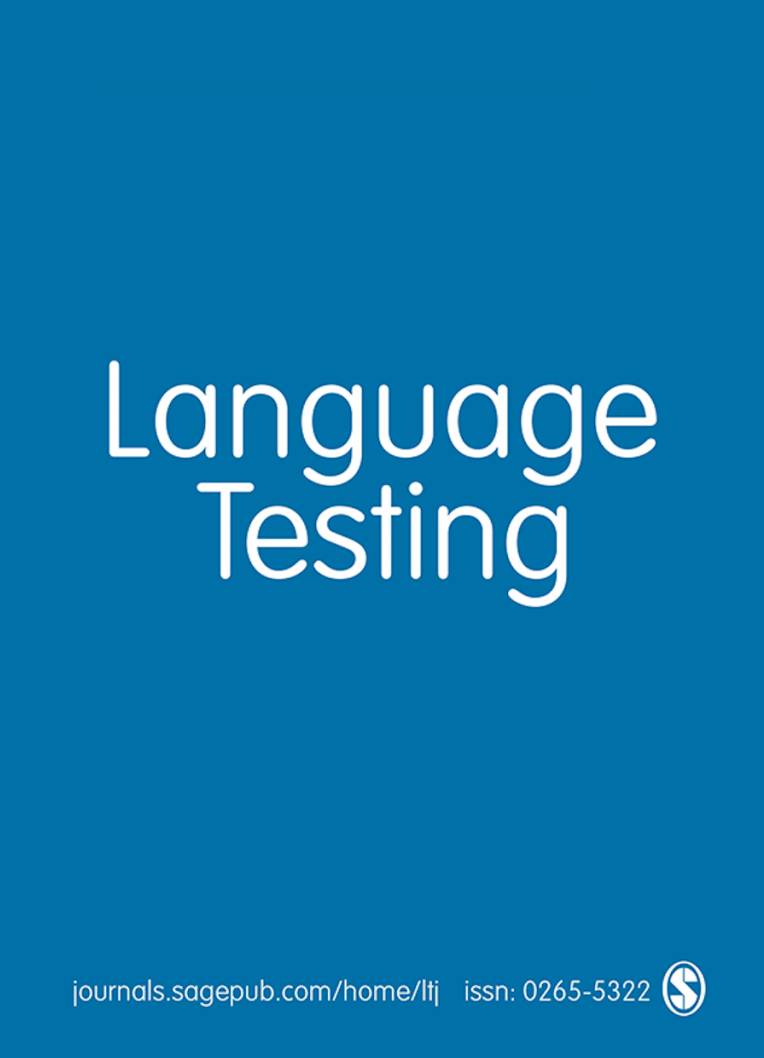

Title: Attitudes Toward Saudi English: Decentering the Inner-Circle
Abstract: This article reports on the first study to investigate Saudis’ attitudes toward Saudi English (SauE). To situate Saudi speakers’ attitudes within the sociolinguistic ecology of language use, this study invited 80 Saudi participants to respond to an audio stimulus featuring Indian English alongside SauE in an attempt to more realistically depict the use of English in Saudi Arabia. This task was carried out using an Interactive Verbal Guise Technique (IVGT), an innovative approach in which listeners evaluate English varieties as they are used in a naturally occurring interaction. To supplement this indirect method, participants were asked to fill out an attitude questionnaire consisting of closed-ended and open-ended questions. The findings of the IVGT showed that participants rated the Saudi speaker highly in both power and solidarity scales. The responses on the attitude questionnaire also revealed expressions of ownership and legitimacy of SauE. By decentering inner-circle Englishes in the study of language attitudes, the results of this study suggest that ecologically valid studies of language attitudes can yield results which express ownership in local varieties of English.
Alzahrani, R. A. (2022). Attitudes Toward Saudi English: Decentering the Inner-Circle. Journal of Psycholinguistic Research, 1–21. https://doi.org/10.1007/s10936-022-09925-0
————————————————————————————————-


Title: Interactional sociolinguistics as a multi-pronged approach to office hour rapport management
Abstract: This study proposes a multi-pronged approach for examining office hour (OH) rapport management. Using an interactional sociolinguistic lens, I examine how an international teaching assistant (ITA) managed rapport in the face of misunderstanding and schema mismatch during an OH consultation. I show that a multi-method approach illuminates how participants brought along schemas and interactional goals and displayed them to one another in their meeting, which led to a lack of rapport at the brought about level. Data were collected through classroom observations, OH video-recording, an exit survey, and follow-up interviews with participants. These sources facilitate triangulation while bringing the wider context to the fine-grained analysis of the consultation. Using frame analysis and contextualization cues, I analyzed the strategies the ITA used to maintain and strengthen rapport when the student displayed rapport neglect and rapport challenge (Spencer-Oatey, 2008). This paper unpeels the process where the mismatch in framing between the ITA’s view of OHs as teaching opportunities versus the students’ need for explicit instruction made it necessary to negotiate rapport. The study highlights how managing rapport is not confined to avoid damaging face. In this particular case, a face-threatening request is preferred because it met the student’s interactional goals.
Nguyen, H. (2022). Interactional sociolinguistics as a multi-pronged approach to office hour rapport management. Journal of English for Academic Purposes, 62, 101213-. https://doi.org/10.1016/j.jeap.2022.101213
————————————————————————————————-

